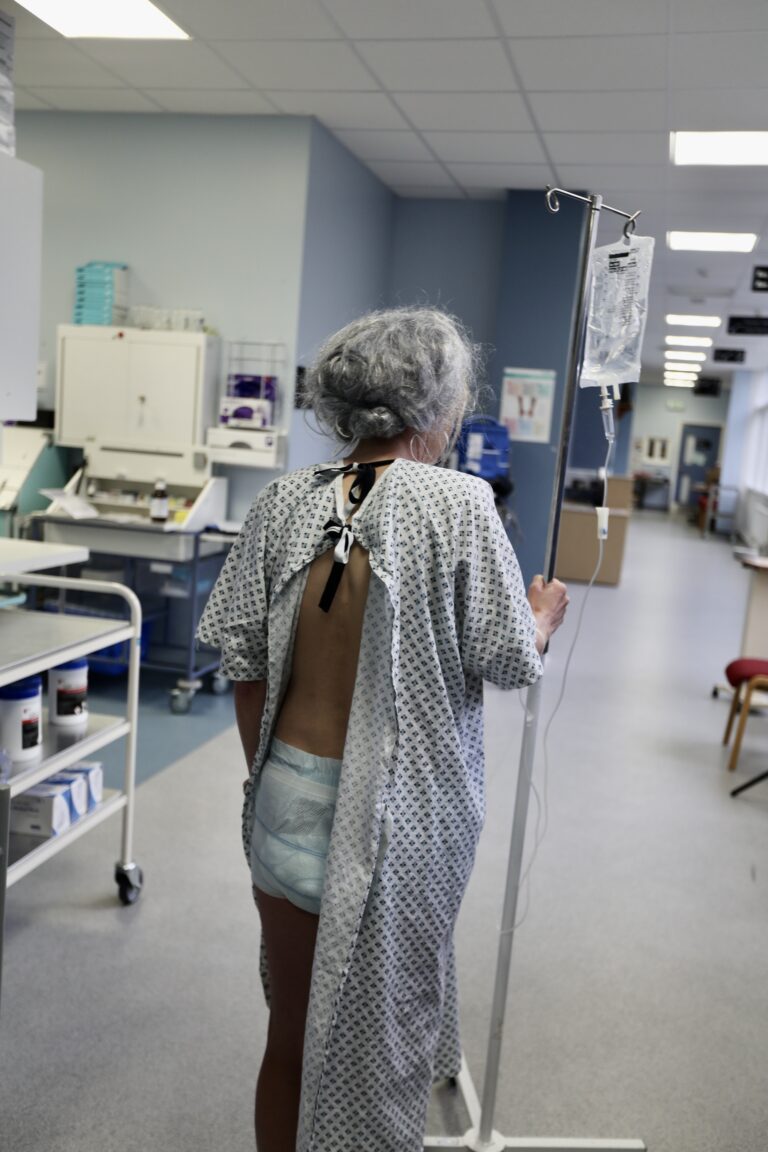Continence Report Published
Our latest report carried out by Professor Katie Featherstone and Dr Andy Northcott, and a wider interdisciplinary team presents the findings of our latest new ethnographic research, Understanding how to facilitate continence for people with dementia in acute hospital setting.
